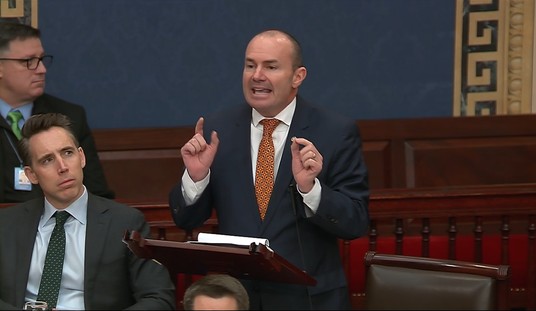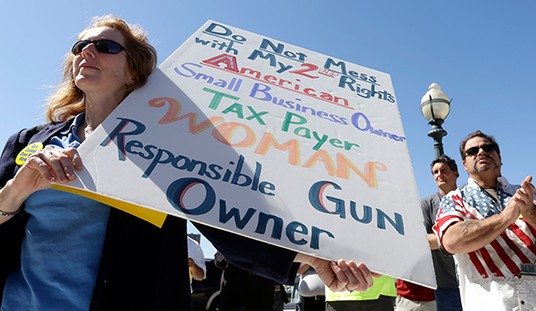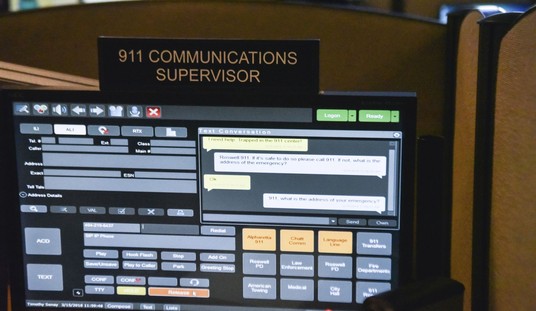
To promote the Progress of Science and useful Arts, by securing for limited Times to Authors and Inventors the exclusive Right to their respective Writings and Discoveries.
That’s what the Constitution says on patents (and copyrights, but we’re not going there tonight). However today the situation involving patents is messy, and takes some effort to sort through. I’ll do my best here to give the rundown of the challenges we face today, and what we should do about them.
Patents have served this country well for a long time. “Build a better mousetrap [and file a patent on it], and the world will beat a path to your door,” the saying goes. But right now we have two industries pulling in opposite directions on patents. One industry feels (likely rightly) there is insufficient protection to recoup investment on research and development. Another feels (also likely rightly) that trivial patents are being awarded too much, slowing down innovation and harming the economy. Both industries have lobbyists going to DC, and so we have a mess.
The first industry above is the drug research industry, aka “Big Pharma.” Drug research for them is a lottery, and they deserve all the patent time they can get, especially since other countries are starting to ignore legitimate patents on drugs. Patents for them are great.
However the second industry above are the computer software and services industries. Here we see seventeen year patents on trivial ideas being awarded, ideas that are, contrary to the law, obvious to people in the field, and should never have been patentable. Which is why we see this industry lobbying for an outright end on software patents, which I think is a step too far.
Once we exempt one industry from patents, what’s to stop the radicals from doing the same for lifesaving drugs, thus ending the ability of companies to research the next lifesaving drug? Besides, software patents aren’t even the problem. Bad patents are.
We also see this with the whole “Patent Troll” problem. Across many industries, there are companies that buy up patents, good or bad, for the sole purpose of finding friendly, out-of-the-way venues, spamblasting form letters, and taking honest businesses to court to leech money. It’s a cost on real businesses creating jobs and wealth in this country, and legislation to stop patent trolls is welcome.
However again, the core problem isn’t that patents are too strong or too long. They aren’t. 20 years is not excessive at all (though I remember when it was 17). The problem is that the patent office gets to keep all the money it takes in from fees it charges.
Letting the patent office keep all the money it collects is a problem because that creates an incentive to award as many patents as possible, to encourage as many filings as possible, to collect as many fees as possible. Bureaucrats love to expand their fiefdoms, and the USPTO is no exception.
As a result, if we want to be pro-innovation, we ironically must oppose the efforts to “keep the patent office fully funded.” Instead, we want to give the patent office a fixed budget, and expand that budget according to the legitimate needs of industry to get patents.
Once the patent office no longer has incentive to award trash patents, the idea is they should stop, because with a fixed budget they’ll want to conserve money to service legitimate patents. And then patent trolls will run out of bad patents to troll with, software patents will be limited to actual useful inventions like new means of compressing or encoding video, and we’ll all live happily ever after.
If we want faster Internet in America, we should be thankful for fast lanes, because paid prioritization means funding for investment in America’s Internet.
Al Gore says Comrade Snowden is not a traitor. Enough said.
Video regulations are a mess, and Democrats are inclined to pick winners and losers, which is why we’re only likely to get a “clean” STELA bill for satellite until we get the Senate and the House. Meaningful pro-competition, pro-innovation reform has to wait.
Comcast is trying to build a national Wifi network to add more competition with cellular providers. This should be celebrated, not attacked, because guess what? It’s not hurting anyone. The fearmongering about this is irresponsible.
Four years in prison for hacking to get George W Bush’s private paintings.
Even hackers pick bad passwords? Heh.
I don’t see why anyone should get a free pass on recordings before 1972. Copyright is copyright, and it’s probably good that legislators are noticing.
Republican oversight on FCC continues. FCC needs to deregulate now. Especially nasty are ownership rules which are some of the more blatant pickings of winners and losers.
The radicals are calling for Internet price controls, which would be the worst thing in the world for speeds. Which would then be pretext for socialized Internet. It’s the Obamacare model, folks.
Besides, one huge reason costs keep going up is that the cable companies are simply passing along the regulation-mandated retransmission consent fees. Those are going so high because cable companies are forbidden by law from letting different broadcasters bid against each other. Government has banned competition, and prices rise.
Betcha Netflix’s connection tester will blame all slowdowns on your ISP, and never blame Netflix’s own interconnects on its end. Oh no. Netflix is putting out propaganda to bolster its negotiation position, no more. They should be ignored.
Video is pushing insane amounts of traffic these days. Video providers must pay their freight so that there will be investment in America’s internet.
Good on House Republicans for not having show hearings against AT&T and Comcast.












Join the conversation as a VIP Member